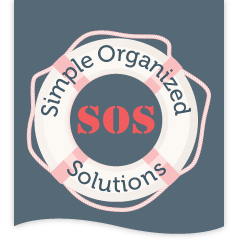Image courtesy of marcolm / FreeDigitalPhotos.net
When we think of the term ‘burnout’, we typically think of it in terms of our jobs. That makes sense since we spend so much of our lives earning a living. Our jobs can demand a lot of us in terms of productivity, creativity and time, just to name a few. Typically these demands come from others, although we have a hand in putting more on ourselves to excel in our careers.
Burnout can also occur in our personal lives. There are factors in our lives that can contribute to burnout, such as personality traits and lifestyle. Taking on too much responsibility without help can cause burnout. Another scenario is accepting a project or task without realizing how much effort is required to complete it. A lot of times we do just that. Perfectionism and a pessimistic outlook on life can be contributing factors, as well as lack of sleep, or lack of supporting relationships.
One definition of burnout according to Dictionary.com, is – fatigue, frustration or apathy resulting from prolonged stress, overwork, or intense activity. The drive, ambition, or motivation to climb the career ladder or complete that project, can become overwhelming and lead to burnout. When that happens, it’s much more difficult to recover than it is to prevent burnout.
Recognizing the warning signs is important. If you notice that you are procrastinating, have a lack of motivation, are taking your frustrations out on others, feel tired most of the time, getting to work late most days, or are sick a lot, these could be signs of impending burnout. By paying attention to the signs, you are more likely to avoid a breakdown.
Ample self-care is the key factor in the prevention of burnout. The tips below can help you to create a plan to prepare for the day, as well as how you work throughout the day. Having a plan can put you in a better state of mind to tackle whatever life throws at you.
- Get adequate sleep – 7 to 9 hours a night
- Create healthy eating habits – healthy meals, don’t eat on the go
- Regular exercise – choose an activity that is something you enjoy so you will stick with it
- Practice stress relief techniques – deep breathing, meditation, exercise
- Take breaks – get away from your desk and/or the task you are working on, take a walk, read a book, etc.
- Say ‘no’ – don’t overload your schedule, learn to say no to things that you don’t want to do, so you can do the things you want to do



